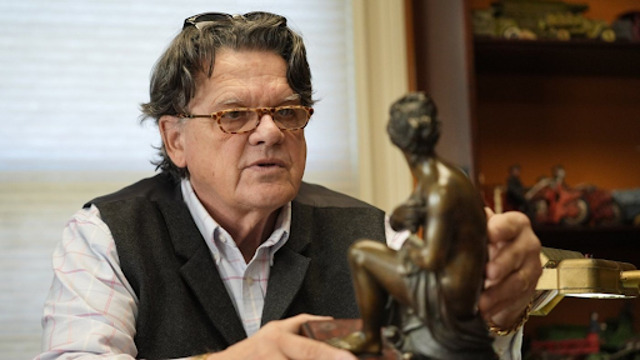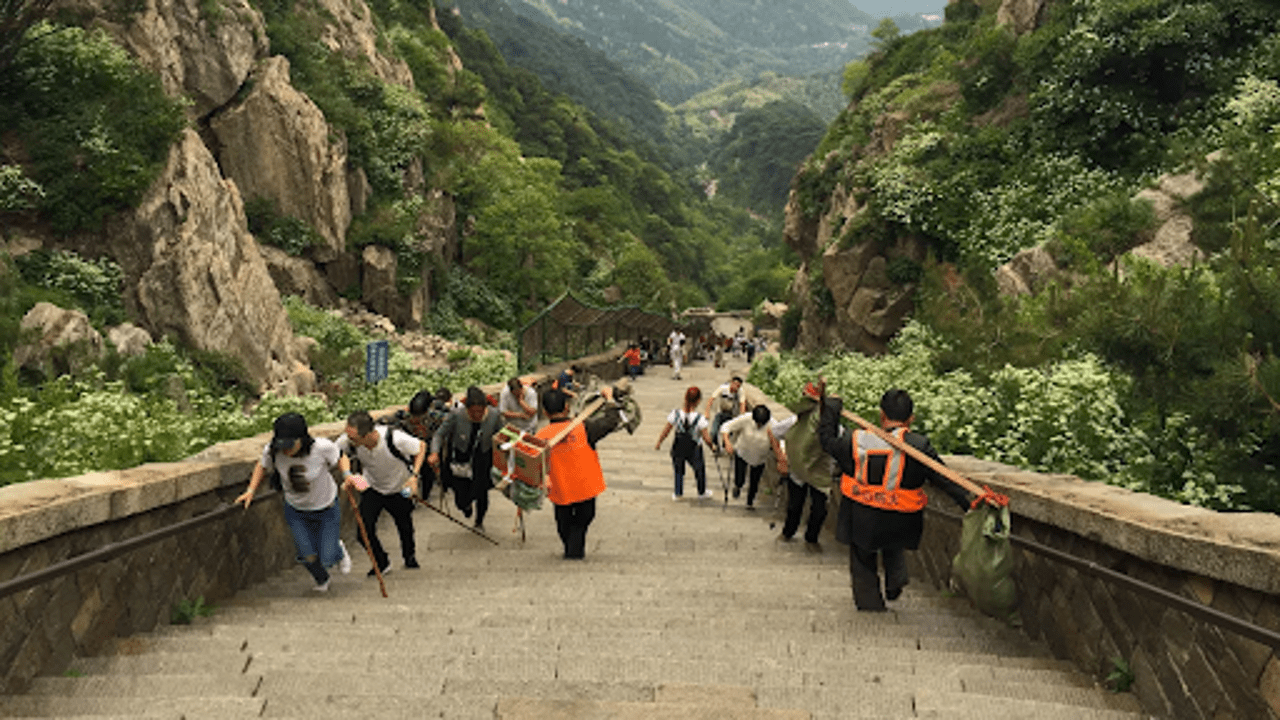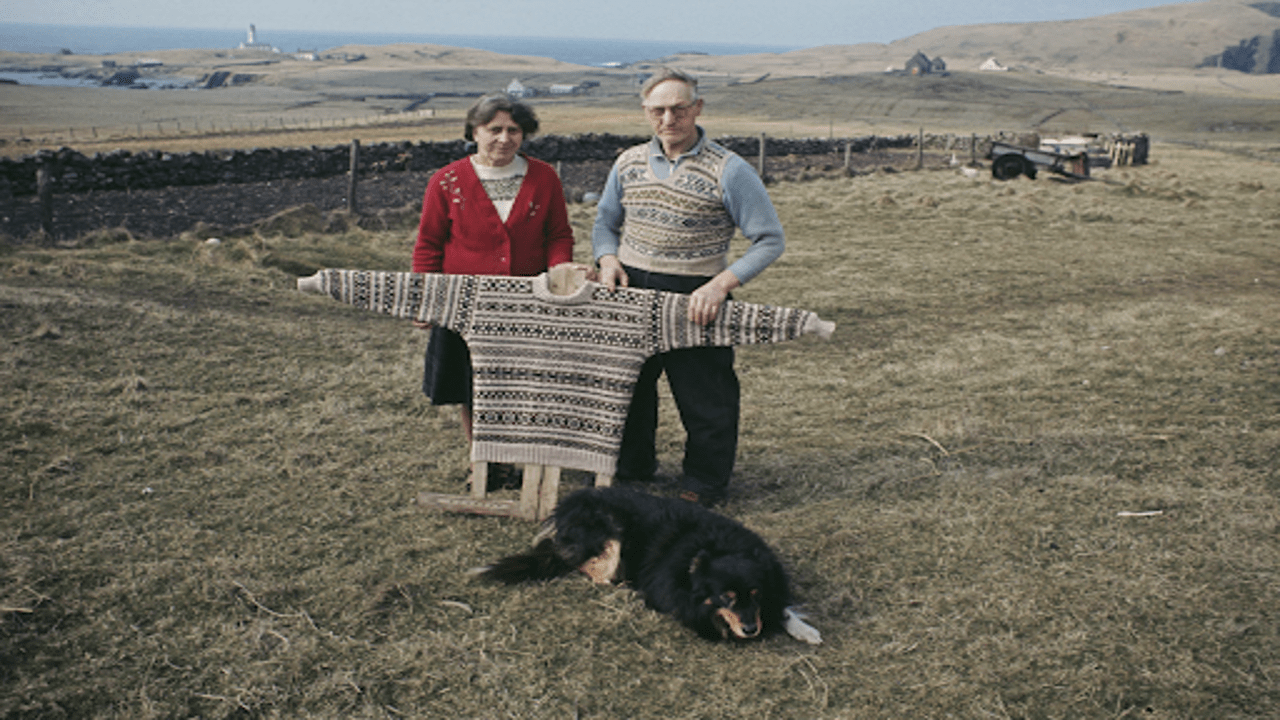
Passengers are seen in their seats in the cabin of an airplane. (Domenico Bandiera / Pexels)
Long-haul flights can be daunting for travelers, presenting challenges such as whether to prioritize sleep or meals, dealing with discomfort, and navigating in-flight etiquette. Kris Major, a seasoned British flight attendant with 25 years of experience, shares his insights with CNN Travel to help passengers prepare for extended journeys.
When it comes to overnight flights, Major suggests eating before boarding to maximize rest time, especially on shorter long-haul flights where sleep opportunities are limited. However, he acknowledges that time constraints at airports can make pre-flight meals difficult. While tempting, indulging in onboard meals and drinks can consume valuable rest time, particularly for those in premium cabins who have access to airport lounges.
Regarding meal timing during the flight, Major advises passengers to listen to their bodies and eat according to their travel schedule, particularly across multiple time zones. He emphasizes the importance of rest for exhausted travelers, suggesting that forcing oneself to eat at odd hours can disrupt sleep patterns.
In terms of comfort items, Major recommends bringing personal essentials like eye masks and travel pillows, especially considering the occasional unavailability of airline-provided pillows. While many struggle to sleep onboard, Major advises against forcing it, particularly if the body clock isn't conducive to rest. However, he stresses the importance of rest, especially for passengers with post-flight commitments like driving or meetings.
Flight attendants also require rest during long flights, with designated crew rest areas varying depending on the airline and aircraft. These areas provide essential breaks for flight attendants to maintain alertness and performance throughout the journey. While some find sleeping in crew rest areas comfortable, others struggle with the confined space and thin mattresses, akin to submarine bunks.
To feel refreshed after inflight rest, Major emphasizes the importance of personal hygiene, particularly cleaning teeth, before returning to duty. He recommends taking advantage of brief breaks to freshen up, including changing into comfortable attire and grooming as needed.
While movement during flights is limited, Major encourages passengers to wiggle toes and move legs to improve circulation, especially for those with circulatory issues. He also addresses the contentious issue of passengers removing shoes, advocating for comfort and circulation while emphasizing the importance of cleanliness and consideration for fellow travelers.
Overall, Major's insights provide valuable guidance for passengers preparing for long-haul flights, focusing on comfort, rest, and personal well-being throughout the journey.















